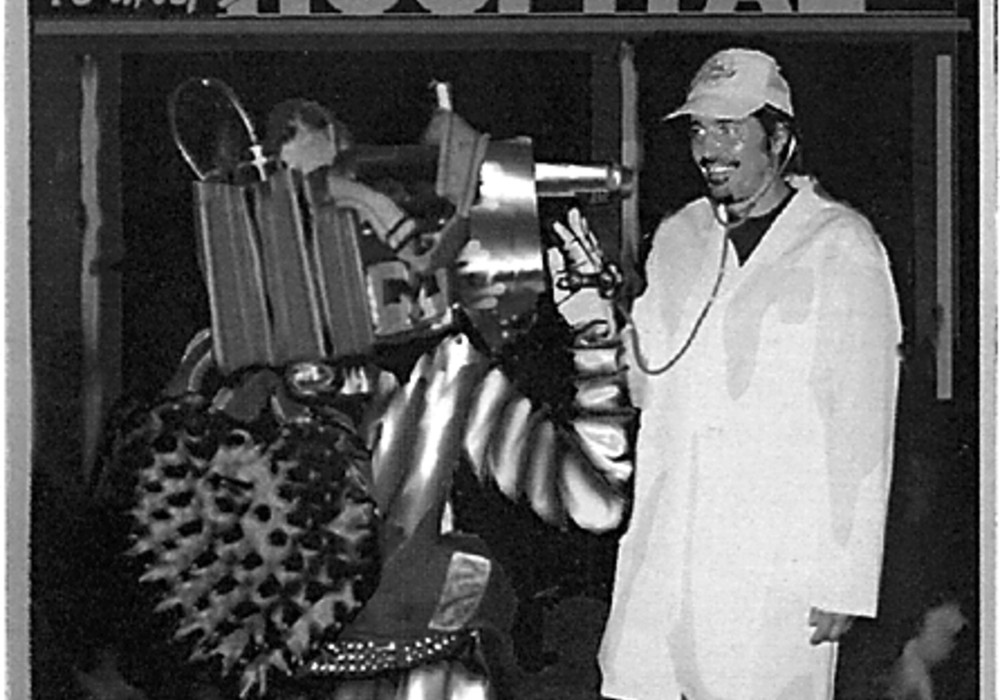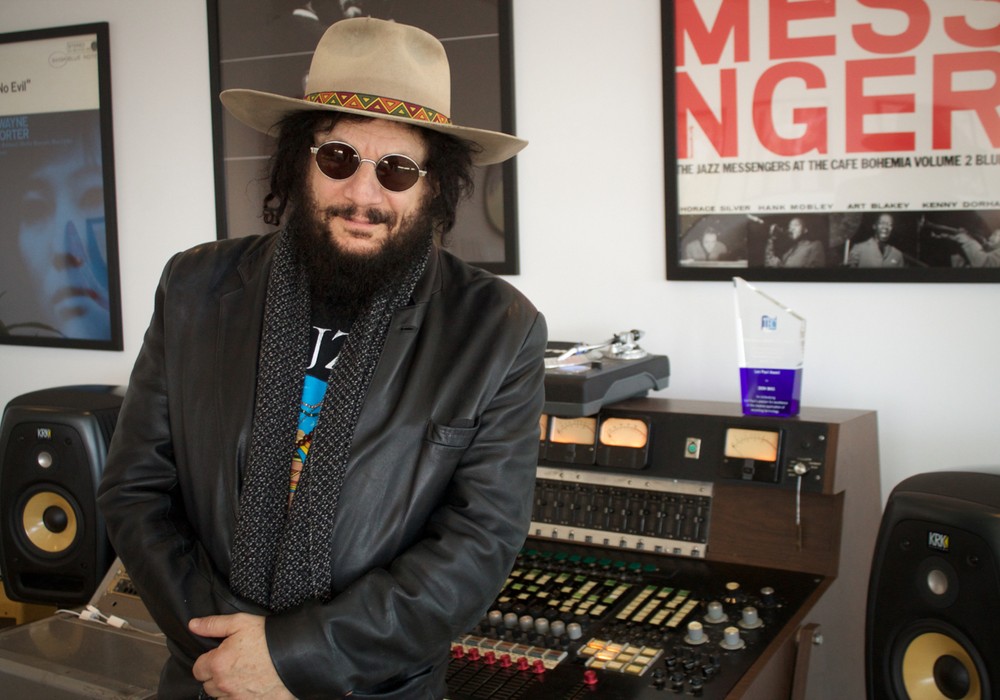November 27, 1999 was a fairly normal day, aside from the fact that my brain was succumbing to a state of delirium caused by a nasty high-temperature fever. I also found myself being transported to Rochester, New York, from my native Canada, to see a performance by San Francisco/Bay Area group Neurosis. This "must-see" event was highly recommended by close friends. Being curious, I hastily agreed to go on the adventure. Little did I know that my illness-induced state of hyper-sensitivity and my cerebral nature were going to be tested to the extreme.
I submitted to something I never thought existed — it was quite contrary to the typical "rock show", or anything else for that matter.
Surrealistic, color-saturated psychedelic visual projections pulsated on the wall. Only one person in the audience moved during the show — a mysterious woman clad in black who languidly slithered like a snake with arms high in the air, hypnotized and charmed while the rest of the crowd stood completely transfixed. The only other movement came from on stage as the supernatural-shrouded band members forged their crushingly massive tsunami of sound.
Neurosis is the missing musical link that bridges the cinematic sensibilities of Pink Floyd and the churning earthy doom of Black Sabbath. Dramatic and at times tribal, their sonic tapestry ignites the synapses. An extremely heightened sense of self-awareness challenges the listener to look into the shadows, where fear and bliss co-exist. The band's experimental musical alter ego, Tribes of Neurot, delves even deeper into the psyche.
For nearly fifteen years, these veterans have evolved from their punk roots to the metal realm to something that is now beyond description. Having existed for so long, their approach has, without a doubt, developed a sharp focus, as with their knowledge, appreciation and understanding of sound recording and its aesthetics. Neurosis has now expanded into a record company and collective entitled Neurot Recordings. Through this conduit they can release their own recordings as well as music by others who wish to take audiophiles on altogether new and challenging listening experiences.
It was with great privilege that I was offered the opportunity to engage in discourse with veteran member Steve Von Till, founding band member Scott Kelley and their engineer of choice, Steve Albini, whose aptness at translating Neurosis' power and clarity to tape is beyond idealistic. Although the band embraces technology, the most important element to Neurosis is their melodic assault. It is raw, ancient, undeniable and inescapable.
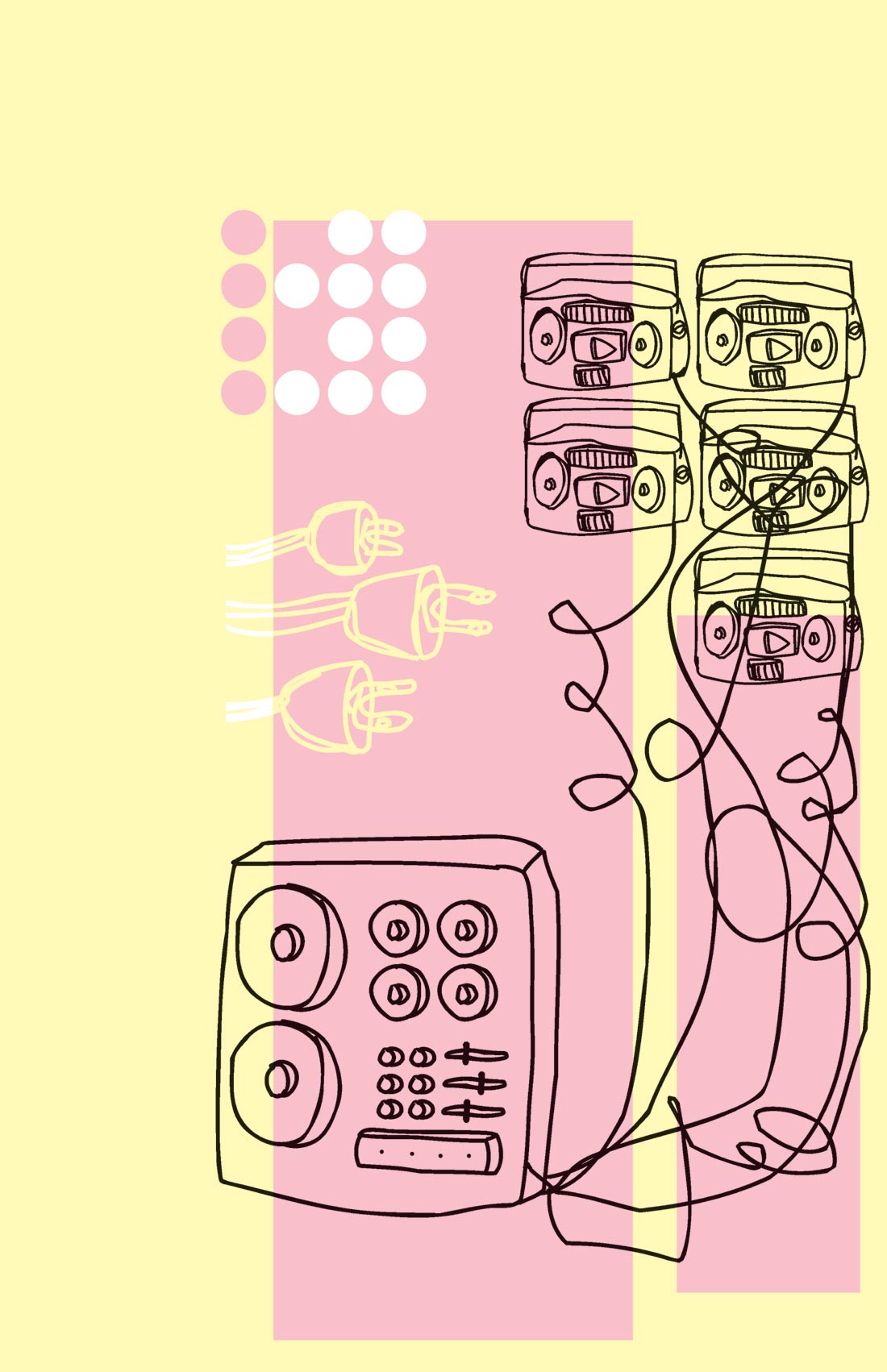

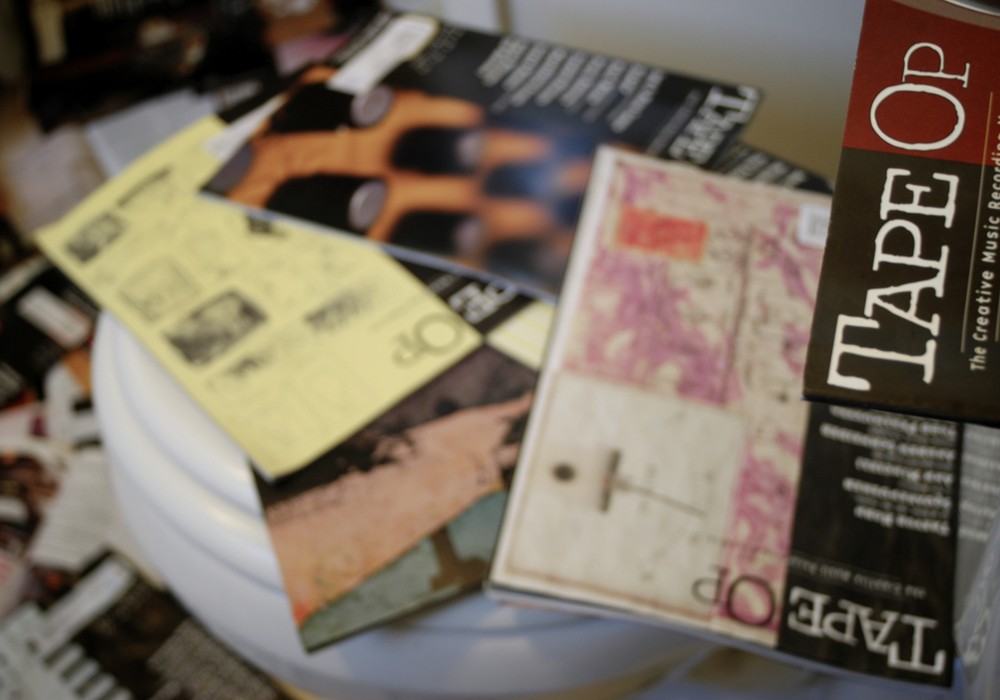
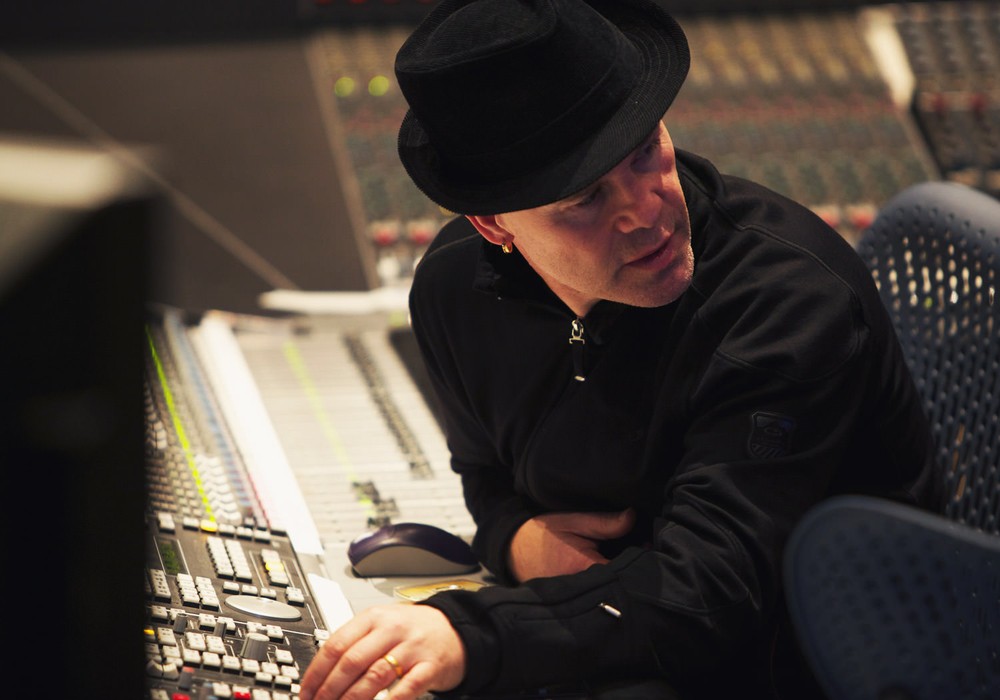



_display_horizontal.jpg)
